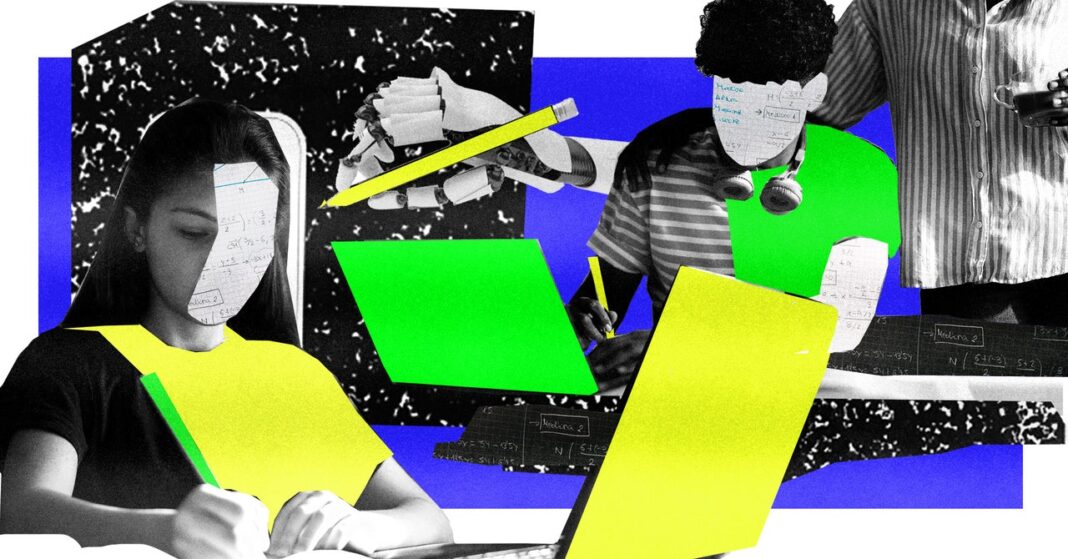In Short:
A survey revealed that nearly half of parents worry that generative AI could harm their children’s writing and critical thinking. However, many believe it can help with idea generation. Alarmingly, teachers are more likely to suspect Black students of using AI inappropriately. Despite this, Black and Latino teens view AI positively and use it more than white teens. Most students agree that learning to use AI is essential.
Recent survey findings reveal significant concerns among parents regarding the impact of generative AI tools on their children’s educational development. Nearly 50% of parents expressed worries that these technologies could adversely affect their children’s written communication and critical thinking skills. However, optimism is present as sentiments are divided regarding the tools’ influence on research capabilities, with over 25% of parents anticipating that AI could assist their children in idea generation.
Disparities in Teacher Perceptions
Another crucial finding from the survey indicates a troubling trend: educators are more than twice as likely to suspect that Black students have utilized generative AI for homework when, in fact, they have not, compared to their White and Latino counterparts. This suspicion often stems from the use of AI detection software, which flags concerning assignments. The report notes that “This suggests that software to detect AI, as well as teachers’ use of it, may be exacerbating existing discipline disparities among historically marginalized groups, including Black students.”
Optimism Among Black and Latino Students
In contrast to these findings, both Black teens and their parents generally exhibit a more optimistic outlook on the role of AI in education than their White and Latino peers. The study highlights that Black and Latino teenagers demonstrate greater enthusiasm and a propensity to experiment with these technologies, engaging in a broader range of activities. For instance, over a quarter of Black teenagers reported using AI for companionship, a figure that stands at only 11% for White teenagers.
Youth Attitudes Toward AI Education
Overall, teenage respondents reflect mixed feelings regarding AI; nevertheless, a consensus emerges: the necessity for students to understand how to utilize this technology. More than 50% of students contend that children from kindergarten through grammar school should be mandated to learn how to operate generative AI tools.
Call for Dialog
Lenhart, a prominent voice in the field, emphasizes the importance of addressing these challenges: “I’m sympathetic to administrators and teachers who don’t know what to do, but we can see in the data that it’s critical to start talking about this. You cannot shove it to the side and hope that it goes away.”





